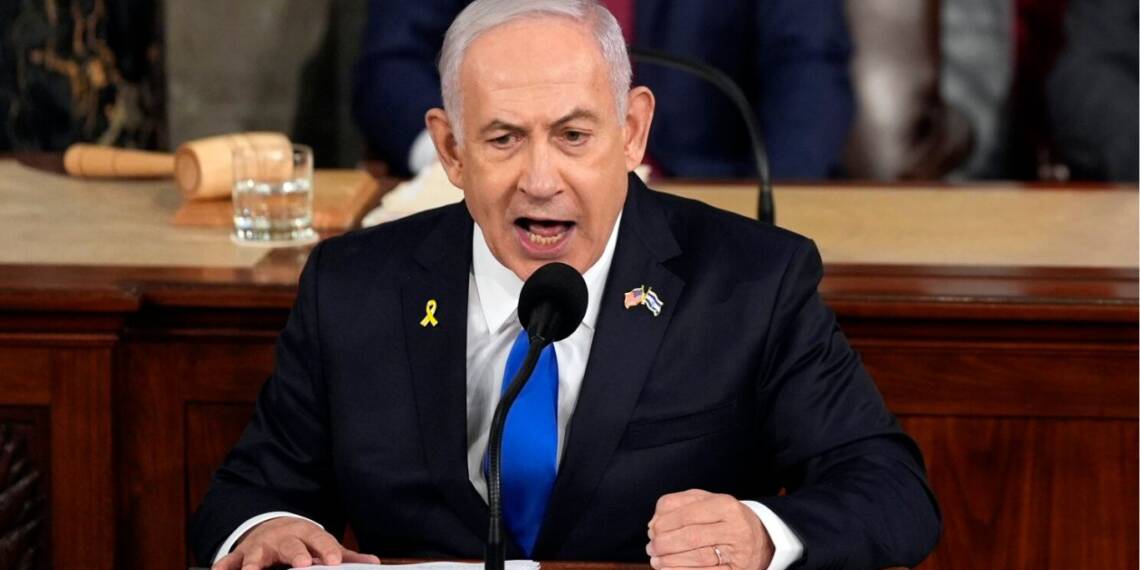Belgian Prime Minister Bart De Wever has sparked outrage after asserting that none of the European Union states would put into effect the International Criminal Court’s (ICC) arrest warrant against Israeli Prime Minister Benjamin Netanyahu, even though Belgium is under international obligations as a signatory to the Rome Statute.
Speaking to Belgium’s VRT News program Terzake, De Wever said bluntly, “We would do that too, to be completely honest,” when asked about Hungary’s recent move to withdraw from the Rome Statute following Netanyahu’s visit. “There is such a thing as realpolitik. Within the framework of realpolitik, practical considerations prevail over ethical considerations,” he added. “I don’t believe there is any European country willing to arrest Netanyahu if he were on its soil. France, for example, wouldn’t — and I don’t think we would either.”
Netanyahu and former Israeli Defense Minister Yoav Gallant are both facing ICC arrest warrants for alleged war crimes and crimes against humanity during Israel’s military campaign in Gaza, which has resulted in over 50,000 Palestinian deaths—most of them civilians—since October 2023. The charges include the use of starvation as a method of warfare.
The ICC, which depends on national courts to effect arrests, pushed back against Hungary’s pull-out declaration. ICC spokesman Fadi El Abdallah reaffirmed that “Hungary remains under a duty to cooperate” with the court. Belgium, similar to Hungary, is a signatory to the Rome Statute and is bound by law to arrest and extradite indicted personswithin its territory.
De Wever’s comments have provoked bitter denunciation at home and overseas. Members of Belgium’s governing coalition dissociated themselves from the prime minister’s words, insisting they had not been consulted beforehand. Opposition parties have attacked De Wever for diminishing Belgium’s dedication to international law and putting the nation “on a slippery slope towards danger.” The Flemish green party Groen criticized the remarks, stating De Wever had effectively put Belgium “beyond the rule of international law.”
The backlash underscores growing tensions between international legal obligations and geopolitical realities. While ICC member states are bound to act on arrest warrants, the reluctance to detain high-profile political leaders—especially those of close allies—raises serious concerns about selective enforcement and the weakening of global judicial mechanisms.
Earlier this year, Poland offered Netanyahu safety guarantees for a planned visit to commemorate the 80th anniversary of the Auschwitz liberation. Netanyahu ultimately declined to attend. German Chancellor Olaf Scholz recently stated he “cannot imagine” arresting Netanyahu, while the French government has argued the Israeli leader enjoys diplomatic immunity—a position the ICC disputes.
Meanwhile, the situation in Gaza remains dire. Israel has resumed its military operations following a brief ceasefire in January. The Israeli army announced a new security corridor in southern Gaza over the weekend, effectively isolating Rafah amid deteriorating conditions and collapsed ceasefire negotiations.








